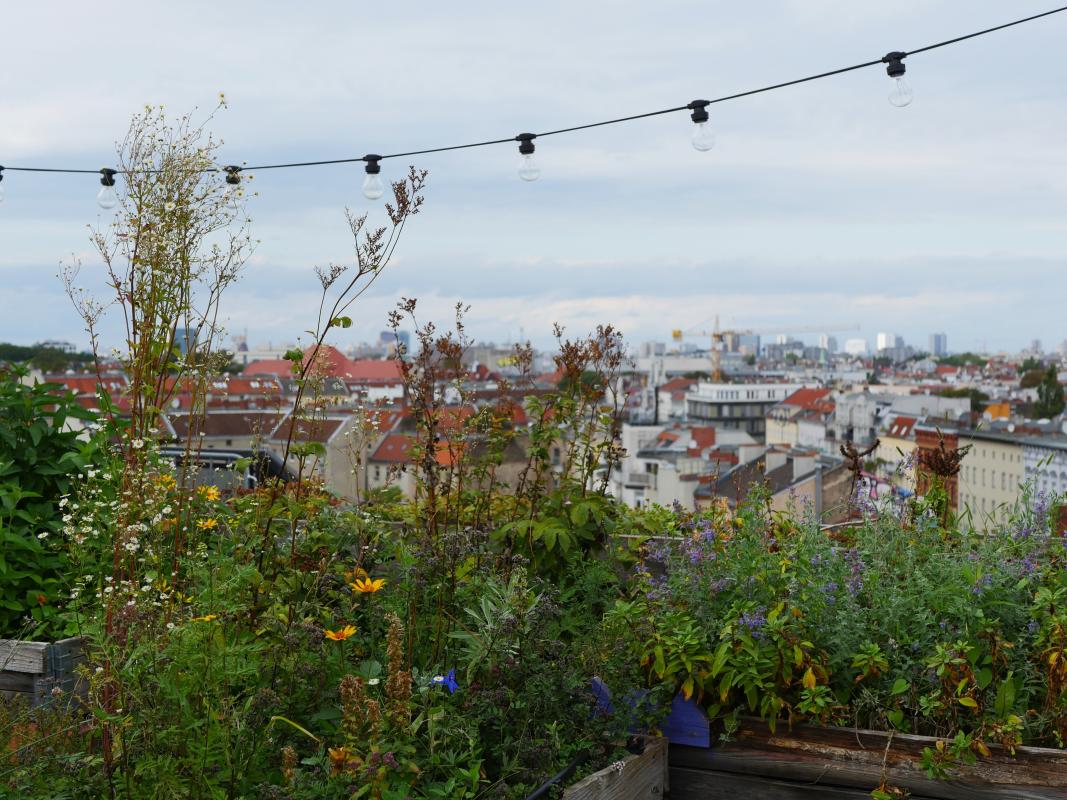What is the project about?
Berlin's community gardens are small green oases in urban areas and have become important places for preserving biodiversity in the city. They not only serve as green recreational and leisure spaces for city dwellers who garden there together, but also provide important habitats for bees, butterflies, and other pollinators. However, despite their great interest, these dedicated gardeners often lack the knowledge and time to promote this diversity in a proper and targeted manner. This is precisely where the project “Berlin’s Community Gardens promote Pollinator Conservation” comes in. Based on the agreements of the Berliner Strategie zur Biologischen Vielfalt (Berlin Strategy for Biological Diversity), it has set itself the goal of preserving and promoting biological diversity in the city.
What is to be achieved?
Together with gardeners, through workshops and participatory activities, we develop a practical decision-making tool for selecting the right biodiversity-promoting interventions, implement the selected interventions, and investigate their impact in accompanying research on pollinators. The focus is on the 17 community gardens in our existing research network, but we always consider how the findings can be applied to other types of gardens, such as allotments and private gardens. This results in tools that not only help individual gardens, but can also be used and shared throughout Berlin.
How can you get involved?
Participation in the project is limited to the 17 community gardens. However, we would be delighted if other community gardens or gardeners would implement our materials and suggestions and provide us with feedback.
Results to date:
The project builds largely on the results of two projects: “Research for wild bees – designing community gardens together” and “BioDivHubs – biodiversity in the neighborhood.” This has resulted in a catalog of instructions for interventions that promote biodiversity, which is intended to encourage people to get involved and try them out.
